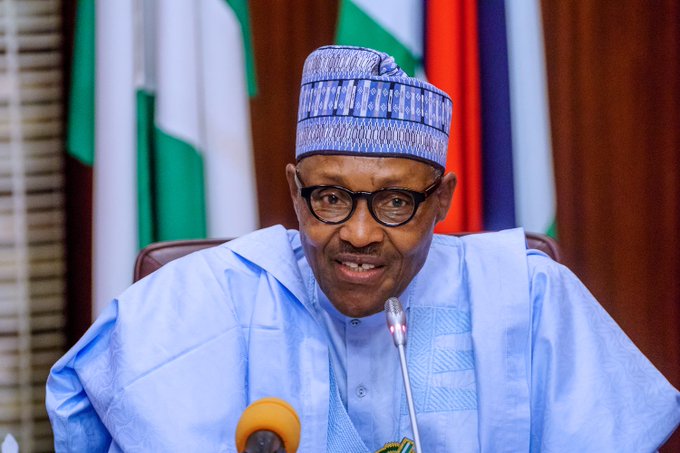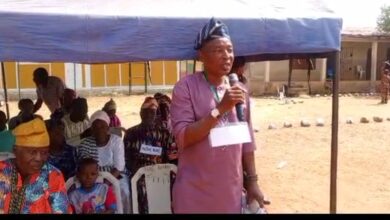FG Accuses ASUU of Unilaterally Fixing Salaries of Lecturers.

The Federal Government yesterday accused the Academic Staff Union of Universities (ASUU) of unilaterally fixing the salaries of lecturers.
It also said there was no Collective Bargaining Agreement (CBA) between parties yet.
Minister of Labour and Employment, Dr Chris Ngige, stated these in a statement by the Deputy Director, Press and Public Relations in the Ministry, Olajide Oshundun.
The minister accused ASUU of fixing its salaries and allowances through the Nimi Briggs Committee to the exclusion of the statutory government ministries and agencies that manage finances.
According to him, the committee’s proposal of 109 -185 per cent wage increase would cost N560 billion in salaries alone, up from N412 billion .
The statement reads: “This clarification has become necessary in view of the deluge of deliberate misinformation being dished out to Nigerians by the President of ASUU, Prof. Osodeke as well as his branch leaders, calling on President Buhari to sign an agreement which they claimed to have reached with the Federal Government.
“We wish therefore to inform Nigerians that there is no such Collective Bargaining Agreement (CBA) that has been reached between the Federal Government, ASUU and other university unions on the renegotiation of their salaries and allowances (wages).
“What is in existence is a proposal. Even when such a CBA is made, it is not the President that signs it. From available records, no Nigerian President or sovereign signs such.
“The true position is that Nigerians are aware that ASUU has been on strike since February 14, 2022, and locked in negotiations on their demand, especially of their conditions of service – wages, salaries, allowances and other public service matters, that should be guided by relevant Federal Government ministries and agencies – Ministry of Finance, Ministry of Education, Ministry of Labour and Employment, Budget Office of the Federation, National Salaries Income and Wages Commission, Office of Head of Service of the Federation, through the newly set up Prof. Nimi Briggs Committee.
“Note that Prof Nimi Brigg Committee, just like the Prof. Munzali Committee it replaced, is an internal committee of the Ministry of Education to receive ASUU demands and renegotiate areas of 2009 Agreement while also receiving briefs from the MDAs mentioned above that act as advisers, before making any counter offer to ASUU and other unions.
“Unfortunately, ASUU insisted that these relevant advisory MDAs recuse themselves from the sitting of the Briggs Committee, accusing them of non-cooperation.
Buhari’s Message to ASUU
President Muhammadu Buhari on Monday in Daura, Katsina State, while receiving some governors of the All Progressives Congress, legislators, and other political leaders at his residence in Daura, said that in the past, colonial type of education was geared towards producing workers in government.
He also said that government jobs are no longer available and our young people should get education to prepare themselves for self-employment.
“Now you get educated for the sake of education,” Buhari said.
His statement was preceded by his urging striking university lecturers to call off their strike, telling them ‘enough is enough’ and they should sympathize with the people and the country.
It is rather baffling and unsettling that this statement was made by a man who has kept the doors of our universities’ classrooms locked for more than four months. Equally interesting is that the president knows that technology has revolutionized the way we learn and do things and that it has cut down the number of available jobs.
However, what is utterly distasteful is his administration’s failure to fund and equip public university education with facilities and tools that will gear the students to self-employment. Instead, the government has embarked on building more universities when the existing universities are still grossly underfunded.
The last time I checked, the whole education sector gets less than six percent of the entire budget. A country that cares about its young people getting educated for the sake of education and self-employment must know that education should be highly prioritized.
Otherwise, the education sector will continue to function at a minimal level, which is a menace to the country’s social and economic development. The out-of-school children and half-baked graduates Nigeria produces every quarter translates into high unemployment rates, whose ripple effect is further decay of the sector.
Source: thenationonlineng.net





